-
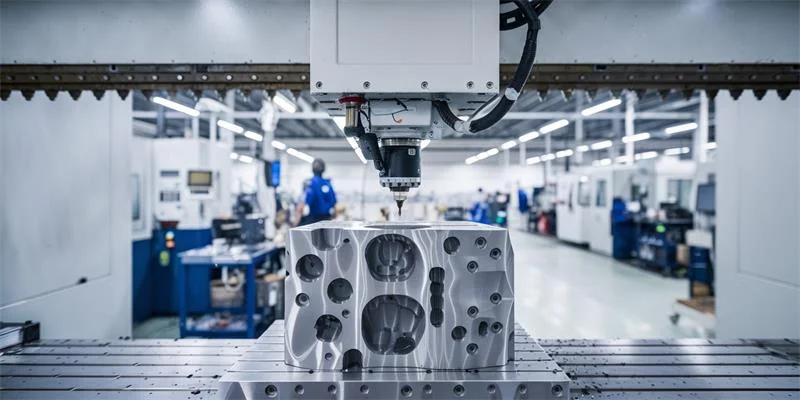
Precision isn’t just a buzzword in the fast-paced manufacturing world—it’s the lifeblood of successful operations. Quality control is the cornerstone of excellence, especially in CNC (Computer Numerical Control) machining, where millimeters of matter and tolerances can make or break a project. But how does CNC quality control ensure delivery quality that meets—and often exceeds—expectations? Let’s dive into the intersection of technology, precision, and client satisfaction. Why CNC Quality Control Matters Imagine this: a critical component for an aerospace engine fai......
2024.12.25Published by LG XRead More -
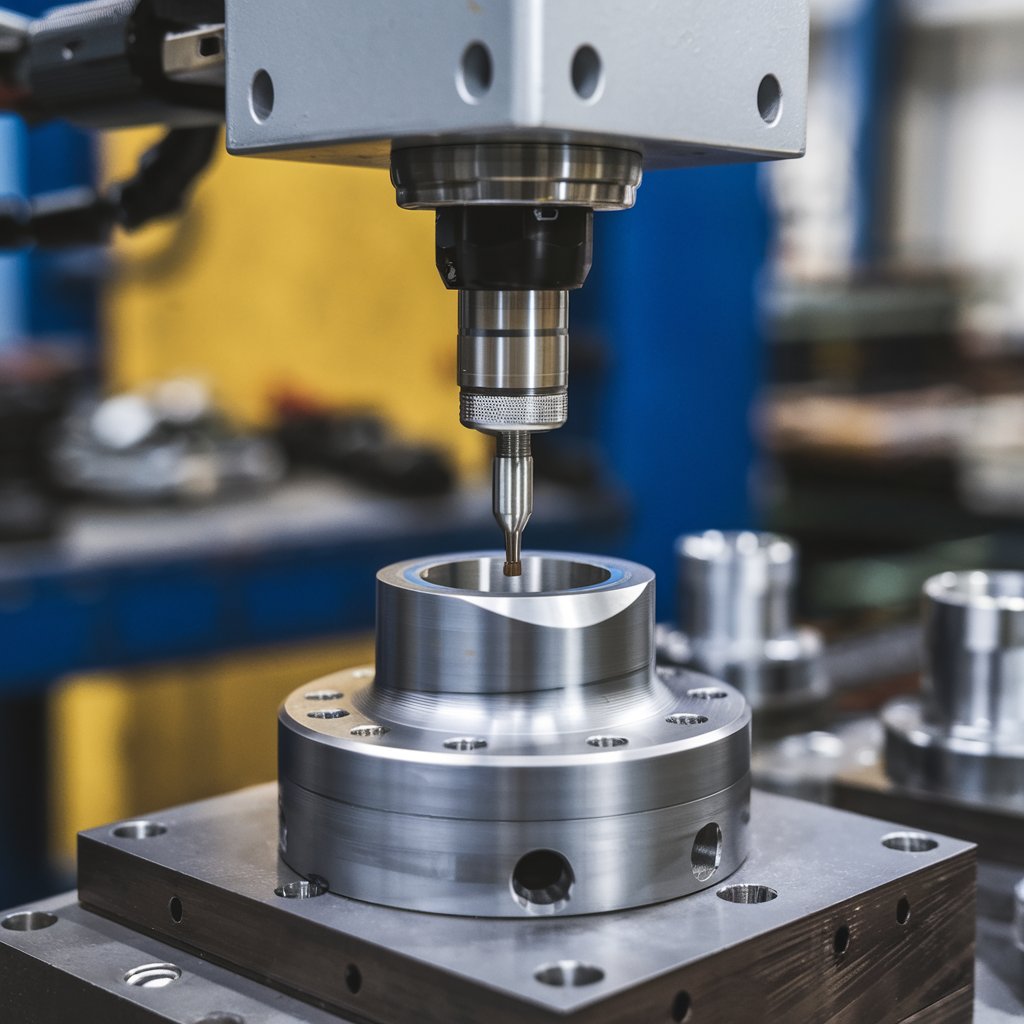
When it comes to precision manufacturing, there’s no room for error. Every component, no matter how small, needs to meet exact specifications. That’s where Coordinate Measuring Machines (CMM) come in—a game-changing technology that ensures every part leaving the production line is flawless. CMM inspection has become a cornerstone of modern quality control. It uses a probing system to measure the physical geometry of a part against its design specifications. This process isn’t just about identifying flaws; it’s about guaranteeing that the final product functions exactly as int......
2024.12.19Published by LucasRead More -
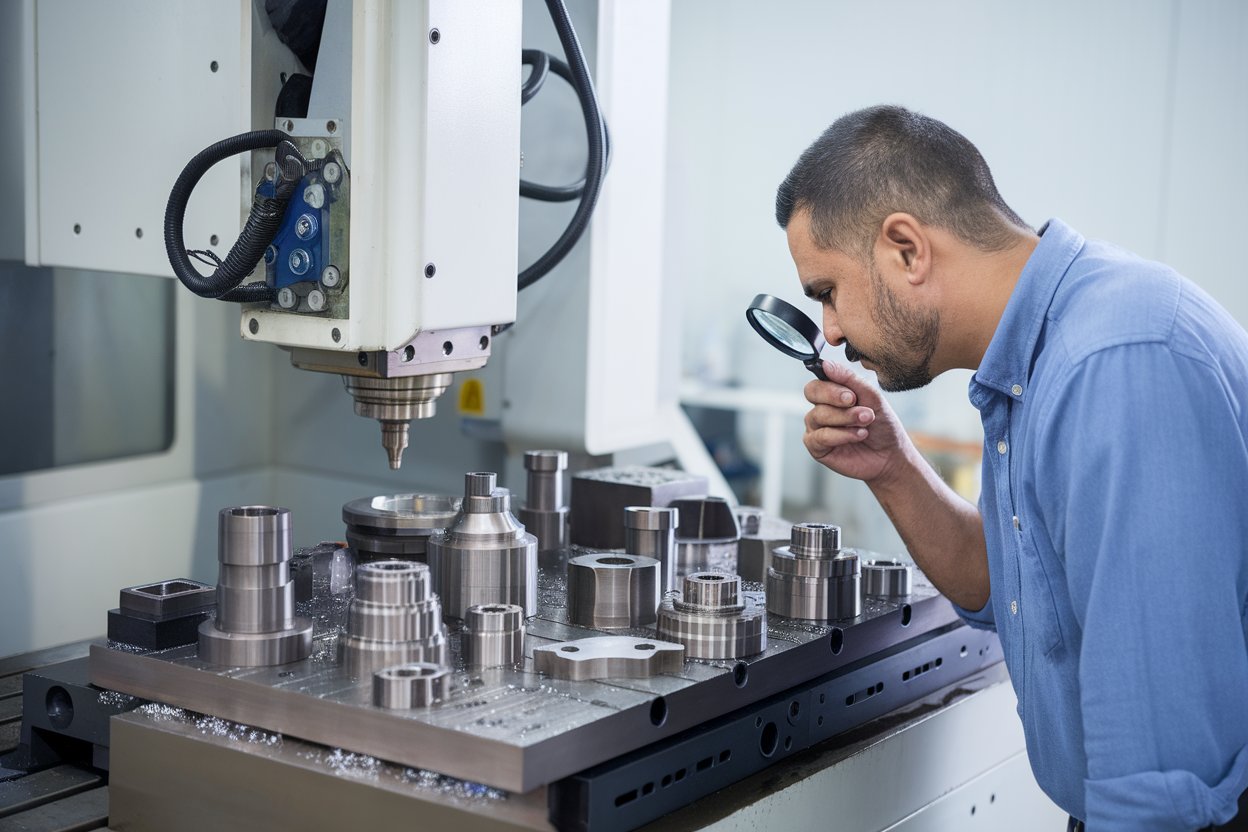
When it comes to CNC machining, precision isn’t just a goal—it’s a necessity. Whether you’re crafting components for aerospace, automotive, or consumer goods, the quality of each part can make or break the success of your project. But how do you ensure that every piece meets exact specifications? Enter quality assurance—a process that turns CNC machining into an art of consistency and reliability. This article dives into why quality assurance is essential, the techniques that keep standards high, and how it transforms CNC machining into a trusted solution for any projec......
2024.12.13Published by LSRead More -

In manufacturing and quality cntrl, the integrity and perfrmance f materials and prducts are crucial. T ensure reliability, engineers use varius testing methds t evaluate materials’ prperties and detect flaws. These methds fall int tw main categries: Destructive Testing (DT) and Nn-Destructive Testing (NDT). While bth are essential fr ensuring prduct safety and cmpliance, they differ significantly in their apprach, applicatins, and impact n the tested materials. This Content will explre the key differences between destructive and nn-destructive testing, their tec......
2024.12.13Published by LucasRead More -
In the fast-paced world of modern manufacturing, CNC machining has revolutionized how custom parts are designed and produced. With its ability to achieve unparalleled precision and repeatability, CNC machining is the go-to solution for industries ranging from aerospace to medical devices. However, the true hallmark of excellence lies not just in machining capabilities but in quality control and inspection processes that ensure every part meets stringent standards. Let’s explore how meticulous quality control elevates CNC machining and why it’s an indispensable aspect of deliverin......
2024.12.12Published by YLRead More -
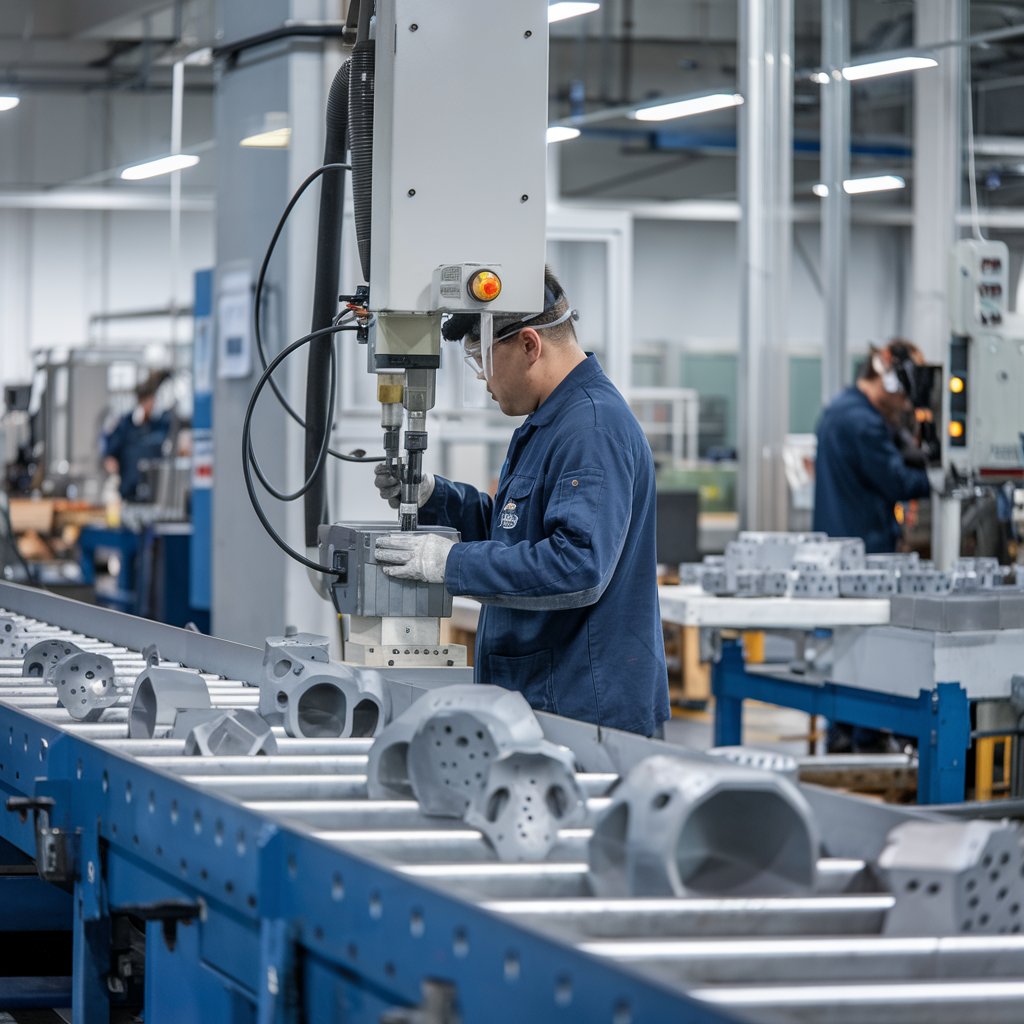
In manufacturing and quality control, the integrity and performance of materials and products are crucial. To ensure reliability, engineers use various testing methods to evaluate materials’ properties and detect flaws. These methods fall into two main categories: Destructive Testing (DT) and Non-Destructive Testing (NDT). While both are essential for ensuring product safety and compliance, they differ significantly in their approach, applications, and impact on the tested materials. This blog will explore the key differences between destructive and non-destructive testing, t......
2024.12.10Published by LSRead More -
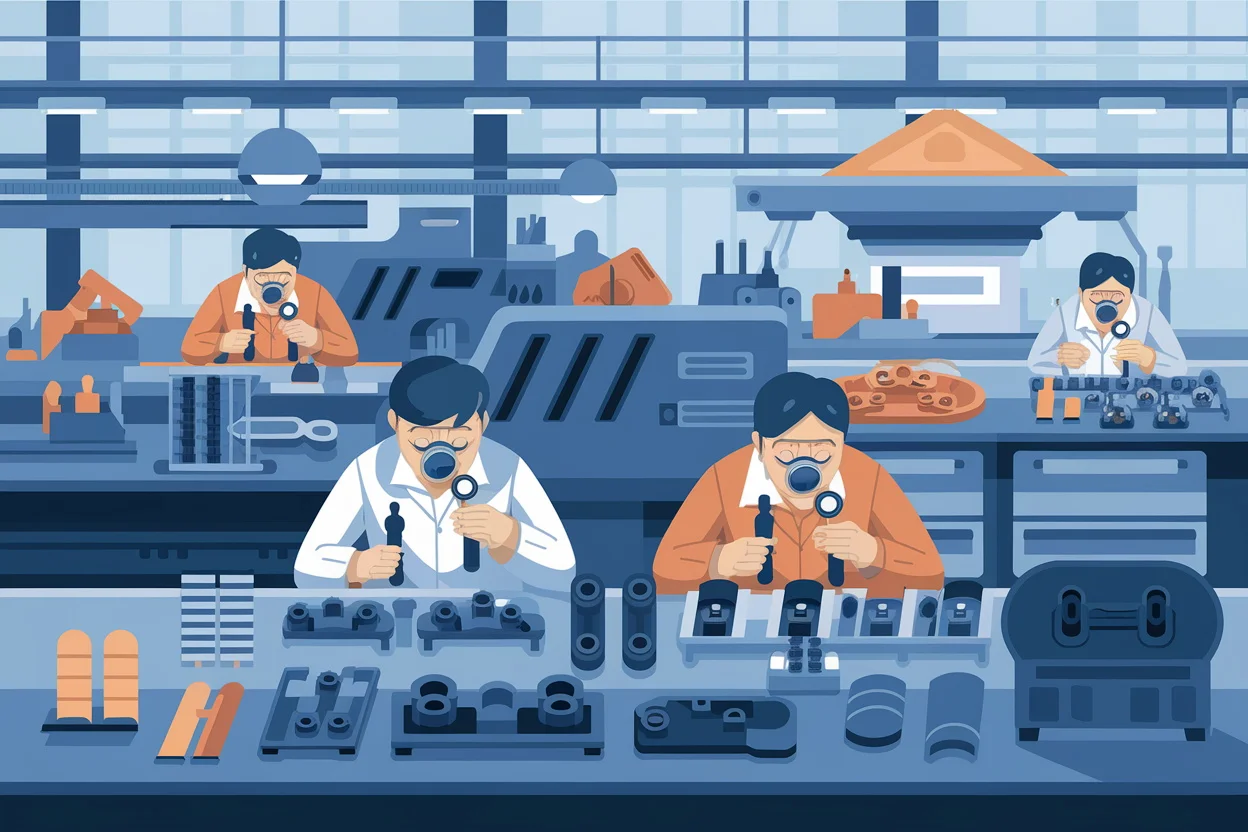
When sourcing manufacturing or components from China, ensuring the quality of your parts is crucial to maintaining the integrity of your final product. Whether you’re in automotive, aerospace, electronics, or consumer goods, reliable part inspection services are essential to guarantee your parts meet strict specifications and industry standards. But with so many inspection providers available, how do you identify the best ones near China? Let’s dive into what makes a top-notch inspection service and how to find the right fit for your needs. 1. Why Part Inspection Services Mat......
2024.12.5Published by LG XRead More -

When sourcing or manufacturing products, ensuring quality is paramount. One way to safeguard your investment and brand reputation is by conducting product inspections. However, many businesses, especially smaller ones or startups, often ask, “How much does product inspection cost?” The answer varies based on several factors, including inspection type, location, and the complexity of your product. In this blog, we’ll break down the costs associated with product inspections and explore how to maximize your quality control budget. 1. Factors Affecting Product Inspecti......
2024.12.5Published by LucasRead More